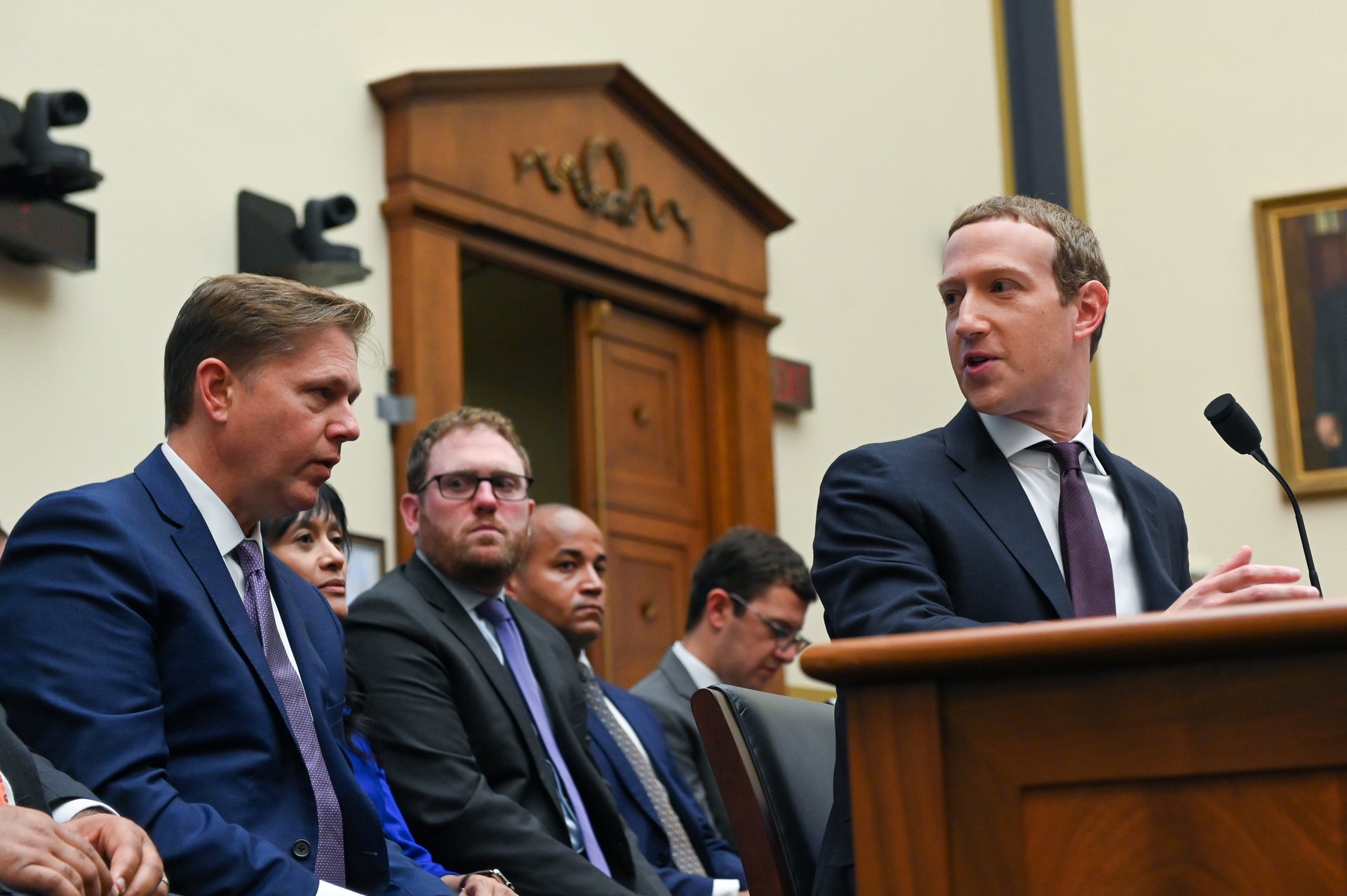Facebook makes a decision: microtargeted, false political ads are fine
Facebook had a choice to make.


Facebook had a choice to make.
The social media giant had faced months of uproar over a political ad it allowed US president Donald Trump to run that made false claims about his potential 2020 election rival Joe Biden. In that time, Facebook’s competitors took notice and made drastic changes. Google limited the ability of political advertisers to target small segments of the population and Twitter banned political ads altogether.
Facebook considered multiple smaller options to reform its platform. Its choice, announced today? The status quo, basically.
Campaigns can still limit who sees ads to small segments of the population—with lists that could be as specific as neurotic young moms in a particular state. Experts worry the practice will allow campaigns to suppress the vote or say different things, possibly opposing things, to different people. And the company won’t fact-check political advertising.
The social media company, as it considered what to do about political ads, faced intense pleas from campaign strategists on both sides, pointing out legitimate uses of microtargeting, especially for challengers, in local races and for advocacy groups.
“Over 85% of spend by US presidential candidates on Facebook is for ad campaigns targeted to audiences estimated to be greater than 250,000,” Facebook said. While much of the candidates’ current spending is oriented toward fundraising instead of persuading voters to act or change their opinions, that may change as November’s election approaches. Facebook also didn’t characterize the remaining 15% of spending. It did, however, promise to add an estimate of an ad’s potential audience size to its ad library, which will allow journalists and watchdogs to keep a closer eye on more microtargeted ads.
Facebook also said it won’t police the factual accuracy of politicians’ ads. The company has stuck to its guns, saying “people should be able to hear from those who wish to lead them, warts and all, and that what they say should be scrutinized and debated in public.” Facebook shouldn’t act as an arbiter of the truth for ads, the company said, which would force it into what would surely be a minefield of controversies. That will disappoint many Democrats, who called for Facebook to take down the ad from Trump last fall that they, and fact-checkers, said was blatantly false. (The Trump campaign insists it was accurate.)
“Donald Trump’s campaign can (and will) still lie in political ads. Facebook can (and will) still profit off it. Today’s announcement is more window dressing around their decision to allow paid misinformation,” Joe Biden’s campaign said in a statement.
“We don’t think decisions about political ads should be made by private companies,” Facebook said in its announcement, reiterating its support for the Honest Ads Act, which would impose additional requirements on online platforms that accept political ads.
The kinds of restrictions that the government could put in place are severely limited by the First Amendment, however. Facebook’s existing rules already go far beyond what the US Constitution would allow the government to require. Facebook says that politicians aren’t allowed to publish “hate speech, harmful content and content designed to intimidate voters or stop them from exercising their right to vote”—all forms of content that Facebook “regularly disallows” but that the government does.
Facebook did announce a one additional tweak to its policies: it will allow users to choose to see fewer political ads.